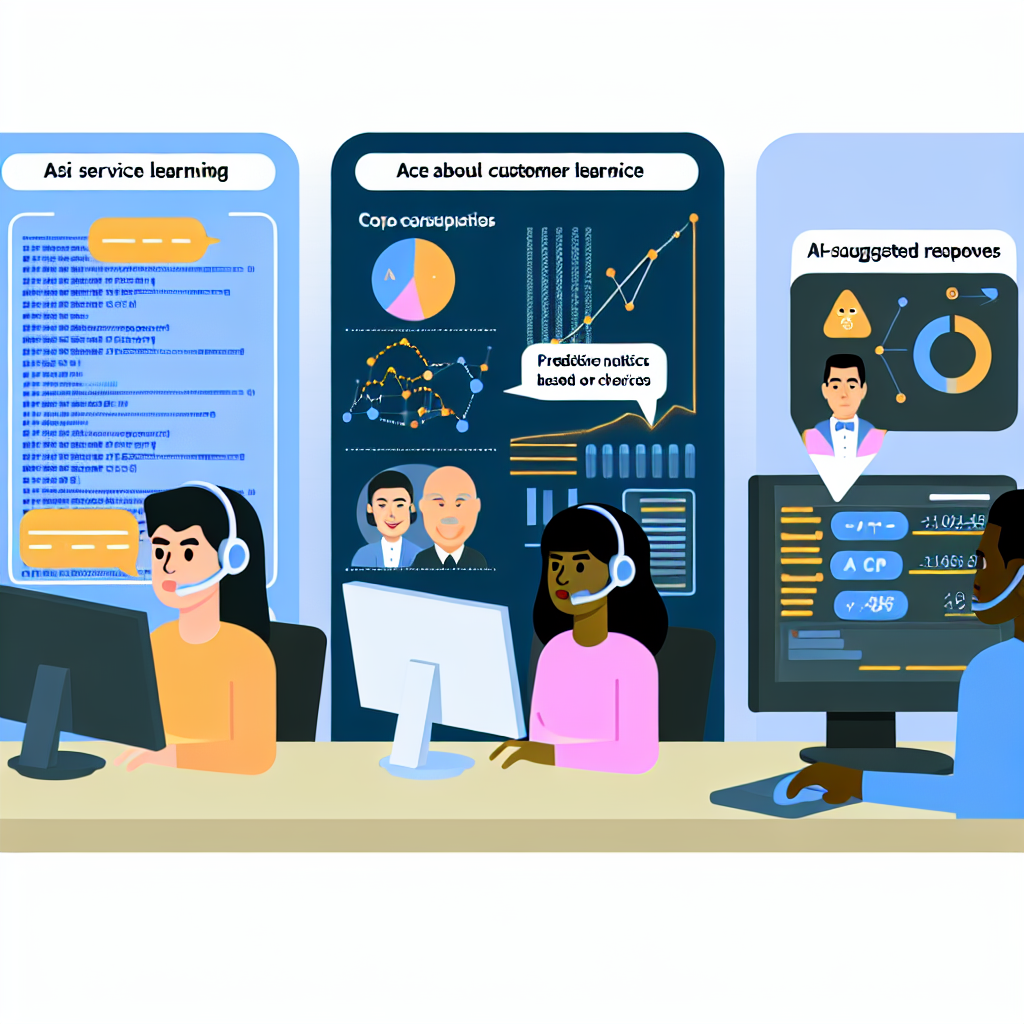Introduction
As the telecommunications industry grapples with increasing customer expectations and a complex array of services, effective customer service has become more crucial than ever. One way to enhance customer service is through the implementation of machine learning (ML) technologies. By analyzing vast amounts of data and learning from customer interactions, machine learning can significantly improve technical support, billing inquiries, and service upgrades in telecommunications.
Technical Support
The most impactful usage case for machine learning in customer service is in the realm of technical support. ML algorithms can be trained on historical support tickets, identifying common issues and their resolutions. This data can then be leveraged to create intelligent virtual assistants that provide instant support to customers. For instance, chatbots powered by machine learning can understand and interpret customer queries in natural language, offering troubleshooting steps or solutions without human intervention. This not only expedites the resolution process but also allows human agents to focus on more complex issues, ultimately leading to improved customer satisfaction.
Billing Inquiries
Billing inquiries often pose challenges for both customers and service providers. Customers frequently have questions regarding charges, payment methods, or service cancellations. Machine learning can improve the efficiency of addressing these concerns by analyzing billing patterns and customer behavior. By employing predictive analytics, telecommunications companies can foresee potential billing issues and proactively engage with customers. Additionally, machine learning algorithms can provide personalized recommendations and explanations regarding charges, simplifying the billing process and enhancing customer trust.
Service Upgrades
Another valuable application of machine learning in customer service lies in facilitating service upgrades. By analyzing customer usage patterns, preferences, and feedback, telecommunications companies can tailor service upgrade recommendations that meet individual needs. For example, ML can identify customers who may benefit from higher-tier plans based on their usage data and proactively reach out with personalized offers. This not only enhances customer experience but also drives revenue growth for the provider.
Conclusion
In conclusion, machine learning presents transformative opportunities for enhancing customer service in the telecommunications sector. From streamlining technical support to resolving billing inquiries and facilitating service upgrades, ML can provide significant improvements in efficiency and customer satisfaction. By embracing these technologies, telecommunications companies can not only meet but exceed the evolving expectations of their customers, fostering loyalty and long-term success.

